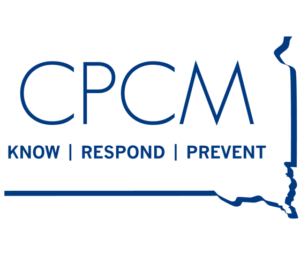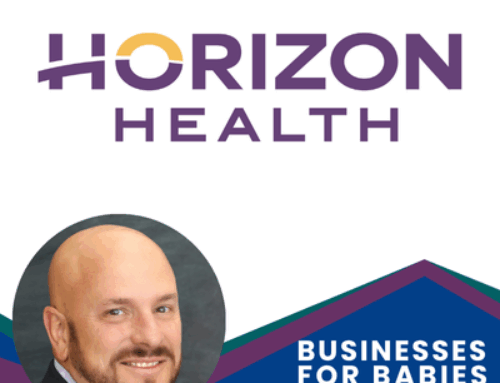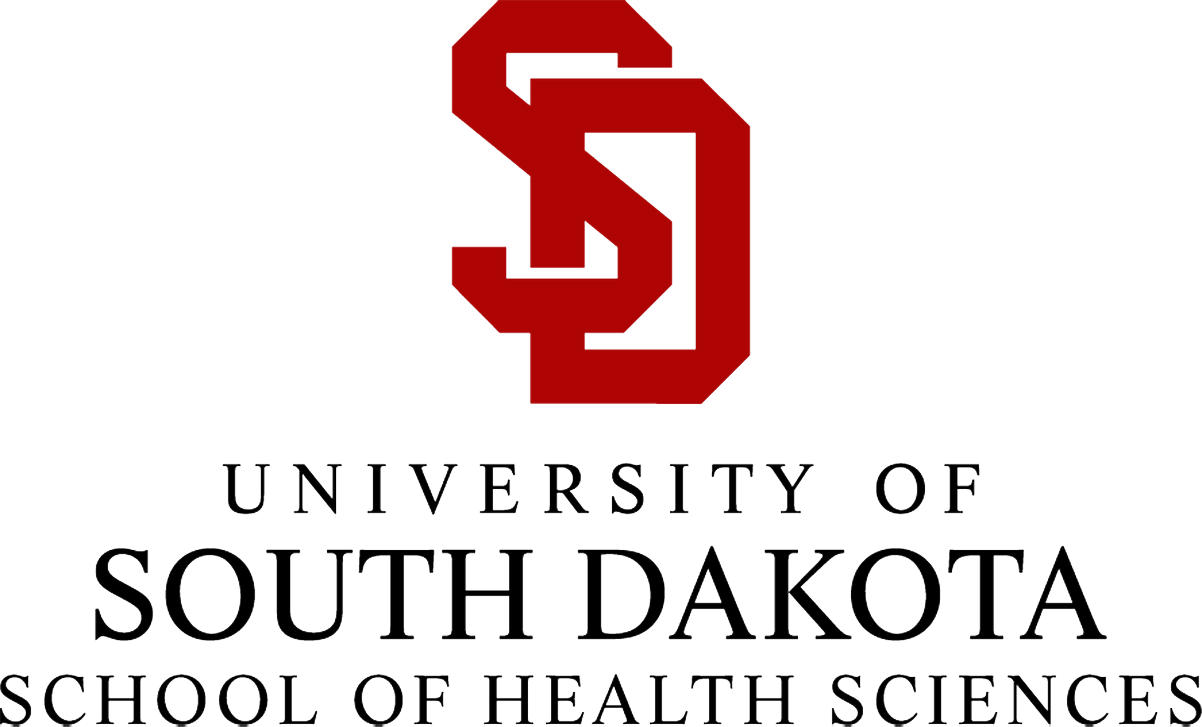Federal Grant will Help CPCM Develop Prevention Plans, Reduce Risk Factors
South Dakota has received a $1.3 million grant to help map referral systems and overcome barriers to service access experienced by the parents of young children due to South Dakota’s rural nature, large land mass and diversity of service delivery models.
The Center for the Prevention of Child Maltreatment (CPCM) is the awardee of the Federal Health Resources and Services Administration (HRSA) Early Childhood Comprehensive Systems: Health Integration Prenatal to Three Program grant (ECCS Grant). CPCM will work with its supporting partners to create greater health care accessibility.
“We are delighted that CPCM was able to secure this important funding on behalf of all South Dakotans,” said Beth Dokken, director for the Division of Family and Community Health. “The South Dakota Department of Health supports many programs that touch the lives of our youngest residents, and with this collaboration, we will continue improving health outcomes for them. It is partnerships like the one with CPCM that support families and build a stronger state for generations to come.”
A collaborative group established by the grant funding will provide guidance to stakeholders in the health, education, social services and medical industries to provide a continuum of care for children from birth to age 3. CPCM will assist with training and program and curriculum development.
“The grant opportunity will create a more cohesive, accessible delivery of health care and wellness resources to the families of South Dakota,” said Carrie Sanderson, CPCM director. “Our state is on the forefront of creating a more navigable care system for families and their young children.”
Sanderson said engaging families in earlier, high quality comprehensive services reduces risks to health and development and improves overall health and well-being.
The grant runs for five years and supports hiring an assistant director for CPCM, as well as a program assistant. The grant period runs from August 2021 to July 2026. CPCM is currently recruiting an assistant director. The application and job listing can be found at https://yourfuture.sdbor.edu/postings/24469.
The South Dakota Department of Health, Department of Education, Department of Social Services, Avera Health, Sanford Health-Children’s Hospital, the USD Sanford School of Medicine, the Area Health Education Center and Statewide Family Engagement Center have signed on in support of the grant. CPCM will also work with Sage Project Consultant and the Center for Rural Health Improvement to complete the grant’s goals.
The Center for the Prevention of Child Maltreatment (CPCM) is the first organization to join local, tribal, state and federal efforts in the fight against child sexual abuse and other forms of maltreatment in South Dakota. CPCM was born out of the work of Jolene’s Law Task Force, established through SDCL 2-6-31 and its comprehensive 10-year plan to help South Dakotans know of, respond to and prevent child sexual abuse.
ABOUT THE SCHOOL OF HEALTH SCIENCES
USD’s School of Health Sciences is a national leader in interprofessional health sciences education. South Dakota’s comprehensive School of Health Sciences develops scholars, practitioners and leaders in health and human services, including addiction counselors, dental hygienists, health science practitioners, medical laboratory scientists, nurses, occupational therapists, physical therapists, physician assistants, public health practitioners and social workers.
ABOUT USD
Founded in 1862 and the first university in the Dakotas, the University of South Dakota is the only public liberal arts university in the state, with 202 undergraduate and 84 graduate programs in the College of Arts & Sciences, School of Education, Knudson School of Law, Sanford School of Medicine, School of Health Sciences, Beacom School of Business and College of Fine Arts. With an enrollment of nearly 10,000 students and more than 400 faculty, USD has a 16:1 student/faculty ratio, and it ranks among the best in academics and affordability. USD’s 18 athletic programs compete at the NCAA Division I level.




